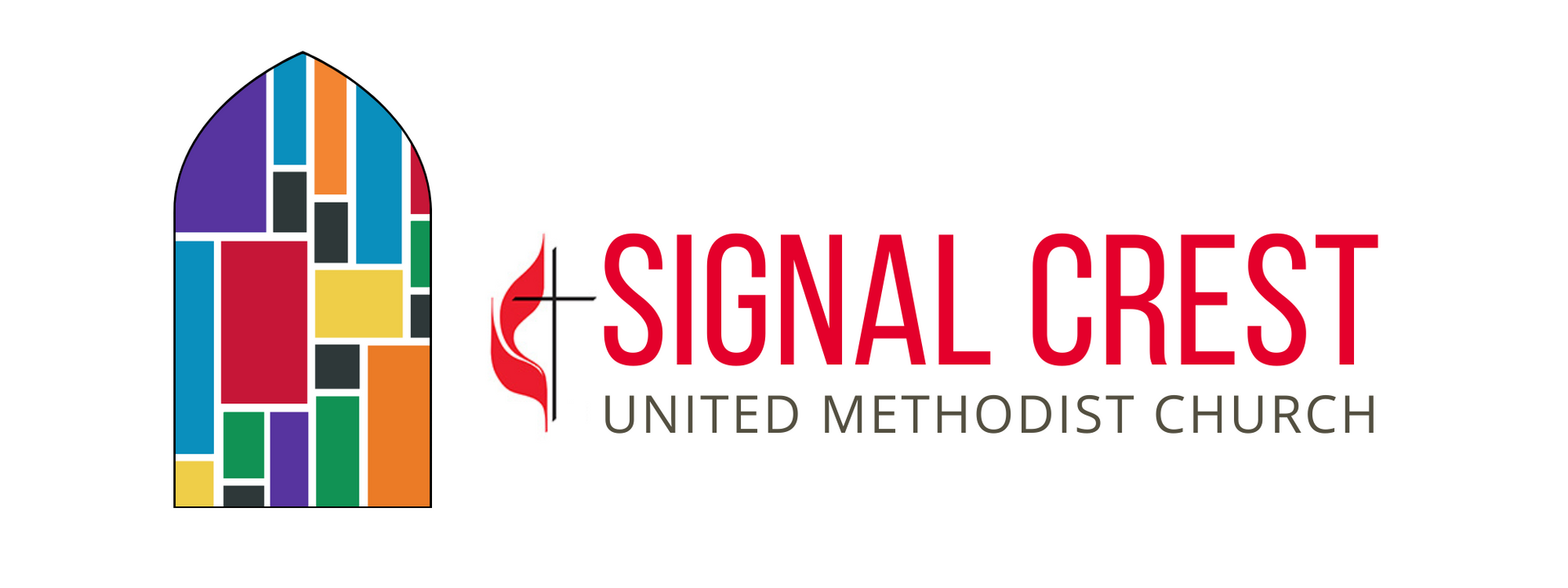Our family just returned from a trip to Turkey. Noah had been over there for four weeks working at an archaeological site along the Mediterranean, and when he was finished, we met up with him and toured around.
We started in Cappadocia, the rugged center of the country full of cave churches and otherworldly rock formations. Then we visited the site of ancient Ephesus along the Aegean seacoast, the Roman capital of that region where the Apostle Paul pastored. In Istanbul, we visited the historic Hagia Sophia (“Holy Wisdom”) mosque that originally was a church, browsed the Grand Bazaar, and took a water tour on the Bosphorus Strait that straddles Europe and Asia. We ended in Nicea, the site of the first ecumenical church council in 325 that defined the doctrine of Jesus’ divinity and gave us the Nicene Creed. It was a magnificent experience.
One evening, we attended a whirling dervish ceremony. Called a “sema,” it was inspired by the 13th century Sufi mystic Rumi. This elaborate spinning ritual has seven parts, including essentially an opening prayer and call to worship, music from the accompanying band, the dervishes greeting each other, their repeated revolving dance, a reading from the Quran, and a closing prayer. According to the explanatory brochure we received, the ceremony is intended to symbolize the journey to perfection that is called ascension or “mirac” in Turkish.
As soon as I read that, I immediately thought of John Wesley and his theology of sanctification, where he envisioned that the spiritual life is an ongoing journey toward perfection, being perfected in Christian love. The whirling dervishes also aim at love –love of God and love of others without discrimination. The ultimate aim is complete submission to God and being God’s servant and messenger in the world.
Again, I was fascinated to see that there is so much here that resonates with our Christian theology and practice. But I was also curious about God’s role in this journey toward perfection. The Sema ceremony made it seem like this journey toward perfection is entirely initiated by us, it is something that we do, a work that we perform, whereas we Christians believe that the process of sanctification is initiated by God and that it is a work that God does in us and through us and with us. In the Sema, it seems as if God is looking on from a distance, watching us as we whirl our way toward mystical ecstasy, whereas in our Christian theology, God’s Spirit is present and active in our lives, leading us step by step along this path toward spiritual maturity.
Perhaps God may have more of an active role in the dervishes’ journey toward perfection than the brochure made it seem. I realize I have so much more to learn about this and so much besides. But one of the things I have long enjoyed about traveling to different places and encountering persons of different traditions is discovering both points of connection and correspondence as well as points of comparison. At the very least, it’s encouraging to know that others around the world are on a journey toward a more perfect love for God and for others. We need a lot more of that in our world.
And so I join with the Apostle Paul in making this journey toward perfection my own. “Not that I have already obtained this or have already reached the goal,” he wrote to the Philippians. “But I press on to make it my own, because Christ Jesus has made me his own" (Php 3:12).
Thanks be to God!

